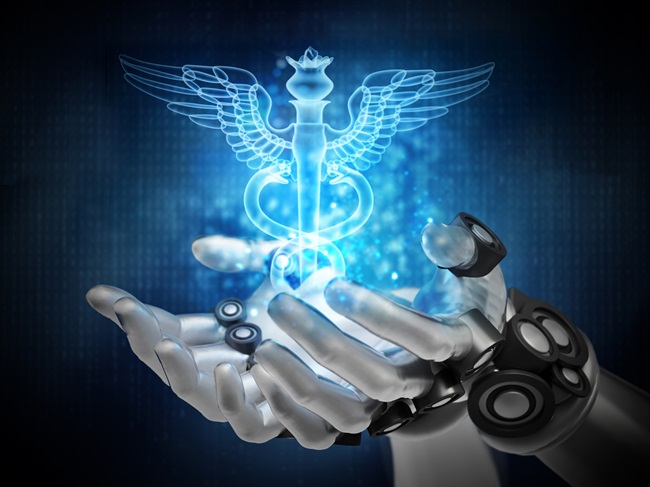Feb 18, 2026
Feb 18, 2026
Revolutionizing Patient Care
Have you ever imagined a scenario where a computer predicts an impending illness before any human doctor could? Or a world where machines assist surgeons in ways previously deemed impossible? These might sound far-fetched, but thanks to the integration of artificial intelligence in healthcare, such scenarios are fast becoming everyday realities. So, how is AI reshaping the medical landscape, and what could this mean for the future of patient care?

In the age where data is plentiful but time and human expertise are often limited, AI stands as a beacon of potential in the realm of healthcare. Let's unravel the tapestry of benefits and challenges this technology presents.
Unpacking the AI Revolution in Healthcare
Navigating the Complexities of AI in Healthcare
While AI's potential seems boundless, its integration is not without hurdles. Concerns about patient data privacy, the need for extensive training datasets, potential biases in AI algorithms, and the importance of human touch in medical practices are valid and need addressing.
Furthermore, as AI systems become an integral part of healthcare, the onus falls upon medical practitioners to keep abreast with these technological advancements, ensuring they harness AI's potential responsibly.
Looking Ahead: The Fusion of AI & Human Expertise
The journey to fully realizing the potential of artificial intelligence in healthcare is fraught with both anticipation and challenges. Will AI tools seamlessly integrate with existing healthcare infrastructures? How do we ensure that AI solutions are accessible to all, irrespective of economic disparities? And amid the AI-driven advancements, how do we retain the irreplaceable human touch, ensuring healthcare remains as much an art as it is a science?
As we forge ahead into this new era of medicine, the convergence of AI and human expertise promises to usher in a healthcare revolution. While machines can analyze and predict, human healthcare professionals provide compassion, empathy, and holistic care. Together, they can redefine the realms of possibility in patient care, ensuring a healthier, brighter future for all.
Image (c) istock.com
18-Feb-2024
More by : P. Mohan Chandran

|
There is no replacement for The Divine creation, AI may be all that a human desires, but it can never be human.... It will always be devoid of it's Divine touch of tenderness, empathy and feelings - emotions it can't relate too... But if used for better, it could only compliment human existence. |